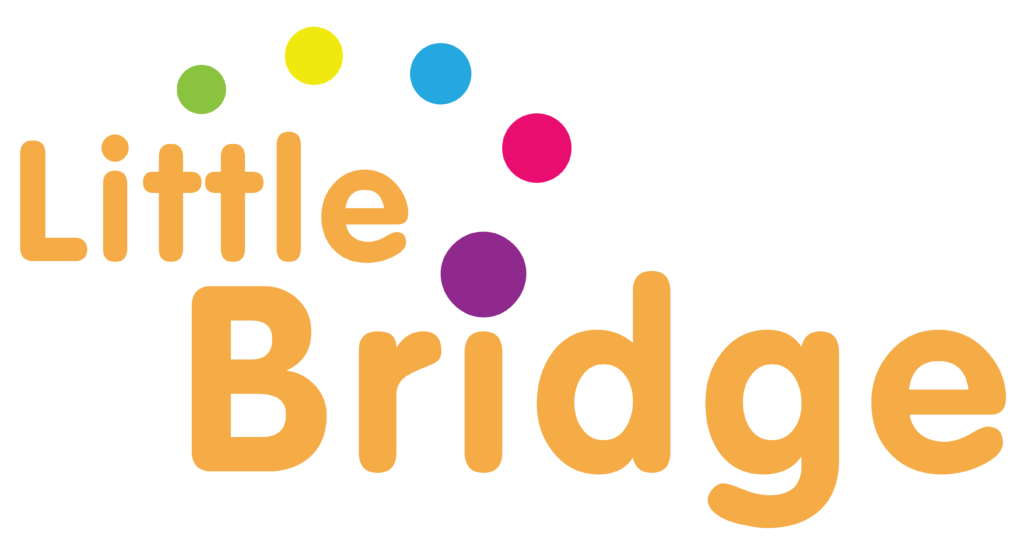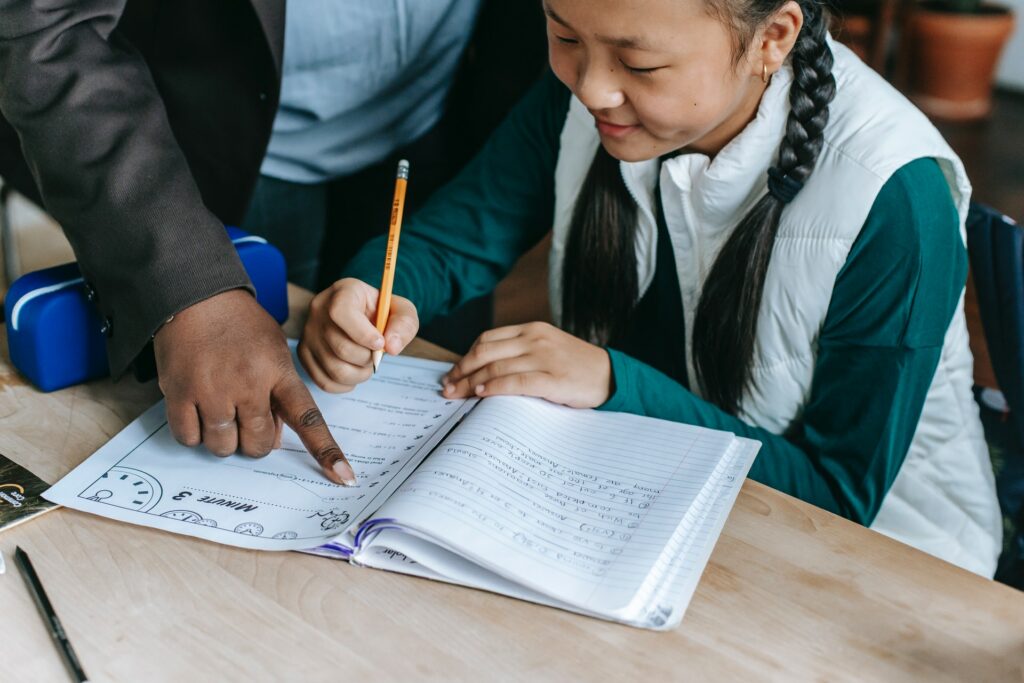Emma Rogers, CEO of Little Bridge, shares her views on how language learning is changing for the better.
Let’s start with three lessons from history.
It’s believed that learning foreign languages is as old as human history. The earliest European accounts of language teaching are from the 500AD. These refer to Latin. This was before the age of computers, audio files or even printed books. We might ask – how did ancient people learn languages? It’s thought they started by reading. Then, memorizing and reciting stories and dialogues and sharing them.
For centuries, the Roman language was the primary language throughout Europe. Scholarship, trade, and government used the Roman language. Today, English is the recognized global language. It’s the fastest-spreading language in human history. Around 1.75 billion people worldwide speak English at a useful level. That’s around one in every four of us!
How language learning is changing for the better – The international language
English is a critical communication tool. It’s the most popular language on the Internet. People believe it will help them tap into new opportunities. Improved English skills allow people to apply for better jobs. It can raise their standards of living. There is a direct correlation between a populations’ English skills and the economic performance of the country. Parents, schools, even governments worldwide prioritize English learning. We use these arguments to persuade our students to work hard on their English!
Reports show that employees English levels are dissatisfactory to employers. This is despite a global tradition of English language learning. Plus, there has been a demand across industries for English skills for many years. The British Council’s report shows the gap in English skills across sectors.
There are many factors that affect a student’s motivation to learn English. Top of the list is ‘motivation’. Is the student being forced to learn, or do they want to learn the language?
How language learning is changing for the better – Social interaction and learning
Our third lesson from history introduces Lev Vygotsky. Lev was a Russian psychologist born in 1896. He is best known for his sociocultural theory. He believed that social interaction has a critical role in learning. Vygotsky advocated that language develops from these interactions. He saw language as man’s greatest tool. It is means for communicating with the outside world.
It all points to the need for a rethink.
What if we took a different approach to teaching and learning English? If students understand that English is not just for future success? What if they see English as a tool they can enjoy using instantly. And what if it was for something they care about – like making friends?
How language learning is changing for the better – Building a better world
If today’s students are going to build a more tolerant, equitable world that recognizes the power of cooperation, they will need to start building some important skills. These include curiosity, critical-thinking and communication. Learning English, making connections with fellow future global citizens, building skills together, is the way forward in language learning. A revolution with social experience at its heart!
PS This is what Little Bridge set out to do with its social learning platform. We have been able to demonstrate the power of this approach. Motivation levels are high amongst active students. Students have improved learning outcomes. Students in Little Bridge understand the value of making friends around the world. And they do this through the medium of English. They have a real purpose for improving their competences. They want to learn more English to communicate more effectively.
Emma Rogers, Co-Founder of Little Bridge
Enjoyed reading ‘A social revolution! How language learning is changing for the better.’ blog? Visit Emma’s Medium profile to find out more about social learning.
The Little Bridge mission is simple! To enable children to make new friends and learn to communicate, in English.
Get started with Little Bridge today! Book a call with our expert team. Contact us here.


